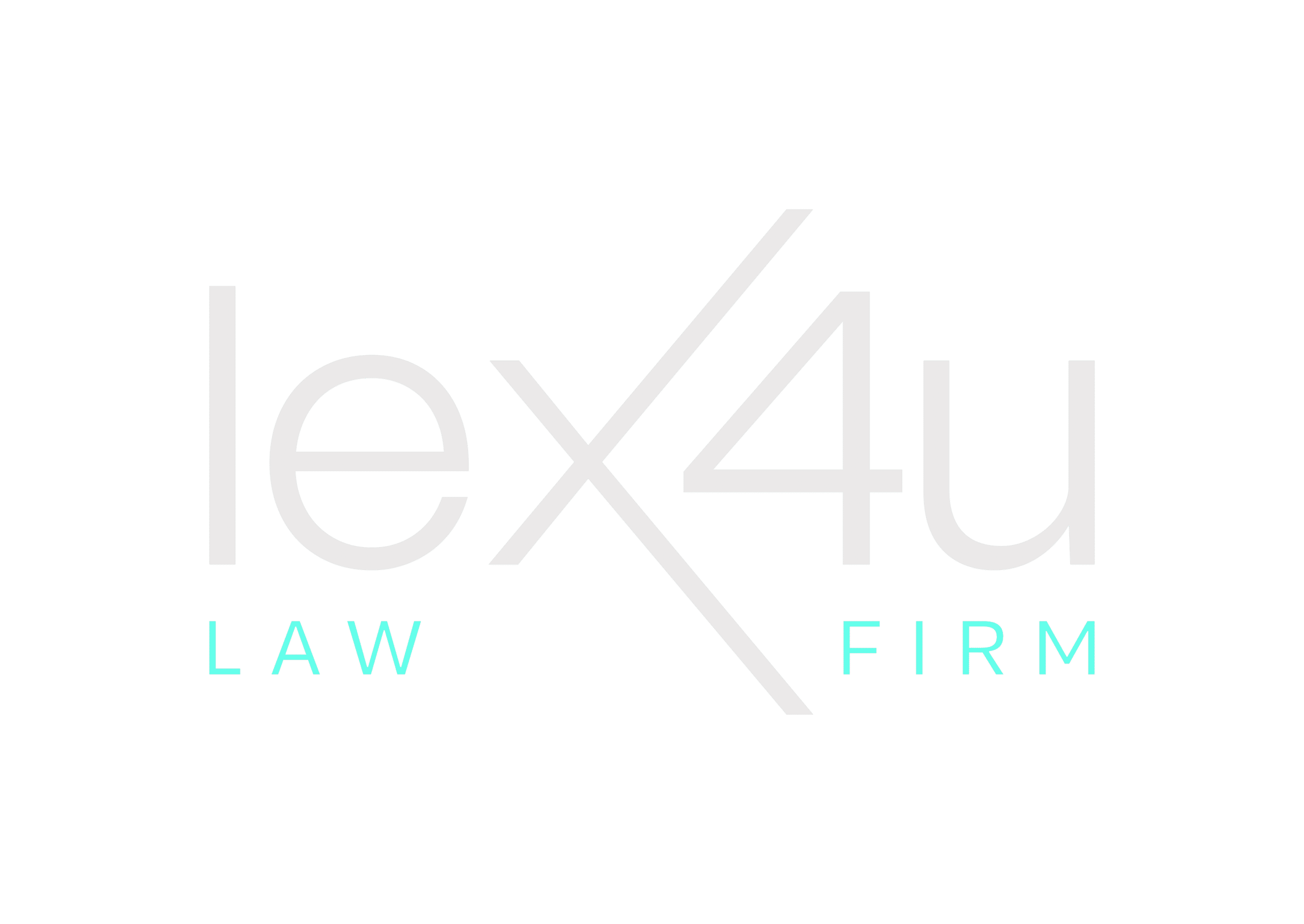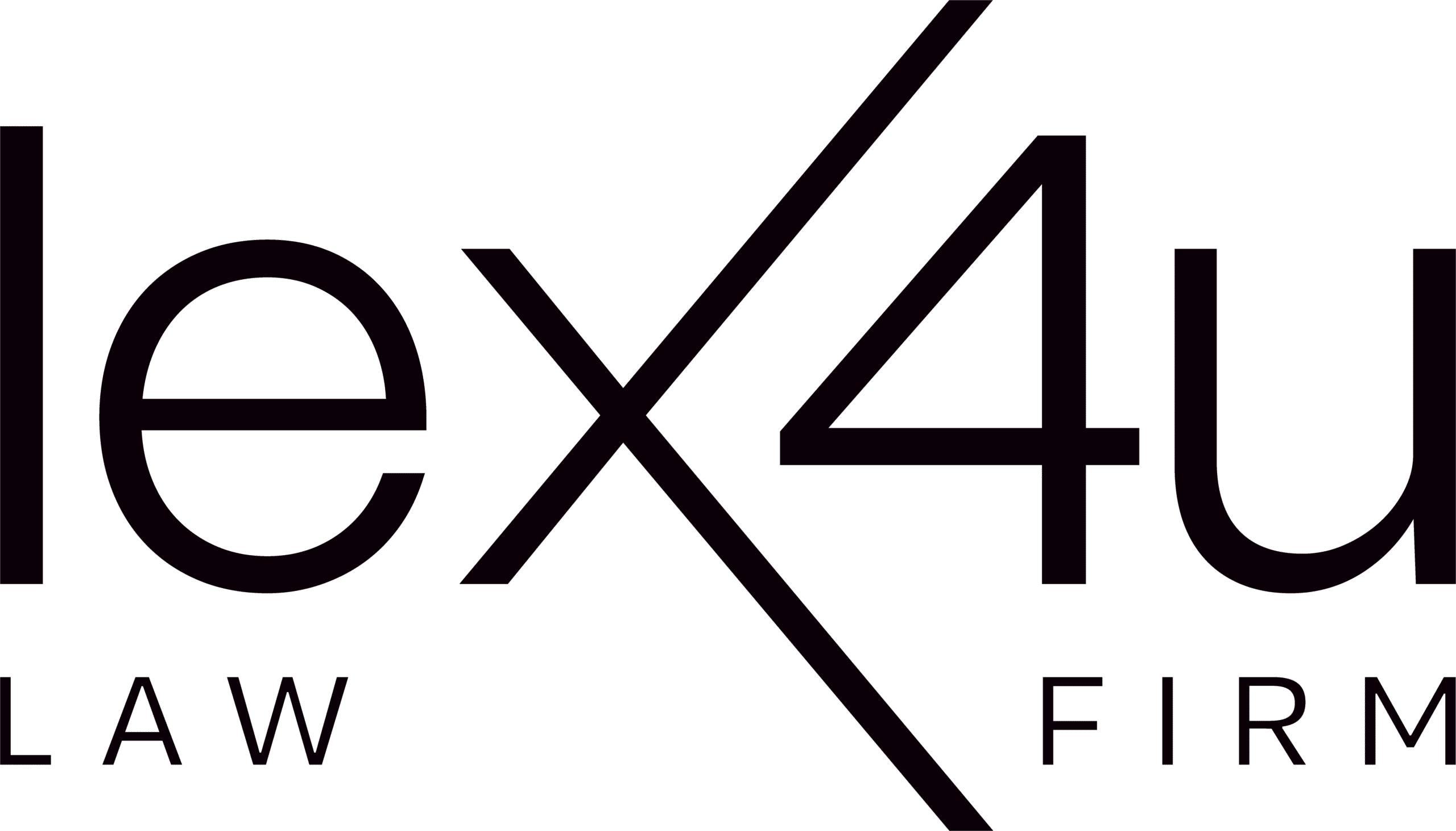The European Union has finalized a landmark agreement on the regulation of artificial intelligence (AI) after three days of intensive discussions between member states and the European Parliament.
Ursula von der Leyen, President of the European Commission, welcomed the event, declaring that the EU AI Act is the world’s first comprehensive legal framework for AI.
🎯 The aim of Europe’s artificial intelligence law
The aim of the AI Act in Europe is to guarantee the safety and fundamental rights of European citizens, while encouraging innovation and competitiveness in the field of artificial intelligence.
By pioneering this legislative approach, Europe aspires to become an international model.
📂 Classification of artificial intelligence systems
The new regulations classify artificial intelligence systems according to their level of risk.
“Minimal risk” artificial intelligence
Systems considered to present “minimal risk” will not have to comply with specific rules. This applies, for example, to spam filters or recommendation algorithms for personalized playlists or online product suggestions.
“High-risk” artificial intelligence
For AI classified as “high-risk”, the conditions are stricter. These systems should minimize data collection and reduce the inherent risk. Detailed documentation of each activity, clear information for users and constant human supervision are required.
Artificial intelligence in sensitive areas
The uses of AI in sensitive areas such as energy infrastructure, medical, education and law enforcement are obvious examples. Biometric identification and applications capable of automatically recognizing emotions are automatically classified in the high-risk category.
⚠️ Additional obligations for generative AI
Transparency requirements are another particular focus of the new legislation. Anyone using an artificial intelligence system, such as a chatbot, will need to be clearly informed that they are communicating with a machine.
Deepfakes and other content generated by artificial intelligence must always be labeled as such.
In recent months, major advances in generative AI, capable of creating text, images and other content itself, such as ChatGPT, DALL-E and Bard, have attracted attention.
These “basic models” will be subject to additional transparency requirements. They must comply with European copyright regulations and be accompanied by detailed summaries of the content used to train the models.
Additional obligations will be imposed for generative AI, which could entail systemic risks.
🏢 An AI office at the European Commission
To oversee these advanced artificial intelligence models, an “AI Office” will be set up within the European Commission.
It will be the first body in the world capable of imposing binding rules on artificial intelligence, and is likely to become an international benchmark, according to the Commission.
Small AI companies in protected environments
To stimulate innovation in the European AI sector, small artificial intelligence companies will be able to develop their applications in protected environments, so as not to be crushed by large international players.
“The AI Act will be a launchpad for EU startups to lead the global race for trustworthy AI”, said European Commissioner Thierry Breton.
Penalties for non-compliance
Finally, it was agreed that companies that fail to comply with European AI rules will risk fines ranging from 7.5 million euros or 1.5% of their worldwide sales to 35 million euros or 7% of their sales, depending on the nature of the infringement and the size of the company.
📝 Coming into force in 2026
The new law on artificial intelligence is due to come into force in 2026.
In the meantime, the European Union is working on an AI Pact, enabling companies to commit to voluntarily applying certain obligations of the legislation.
According to Commission President, Ursula von der Leyen, around 100 companies have already expressed an interest in the Pact.
The law is designed to be technology-neutral, which means that future artificial intelligence systems, as yet unknown today, will automatically be covered by its scope.





